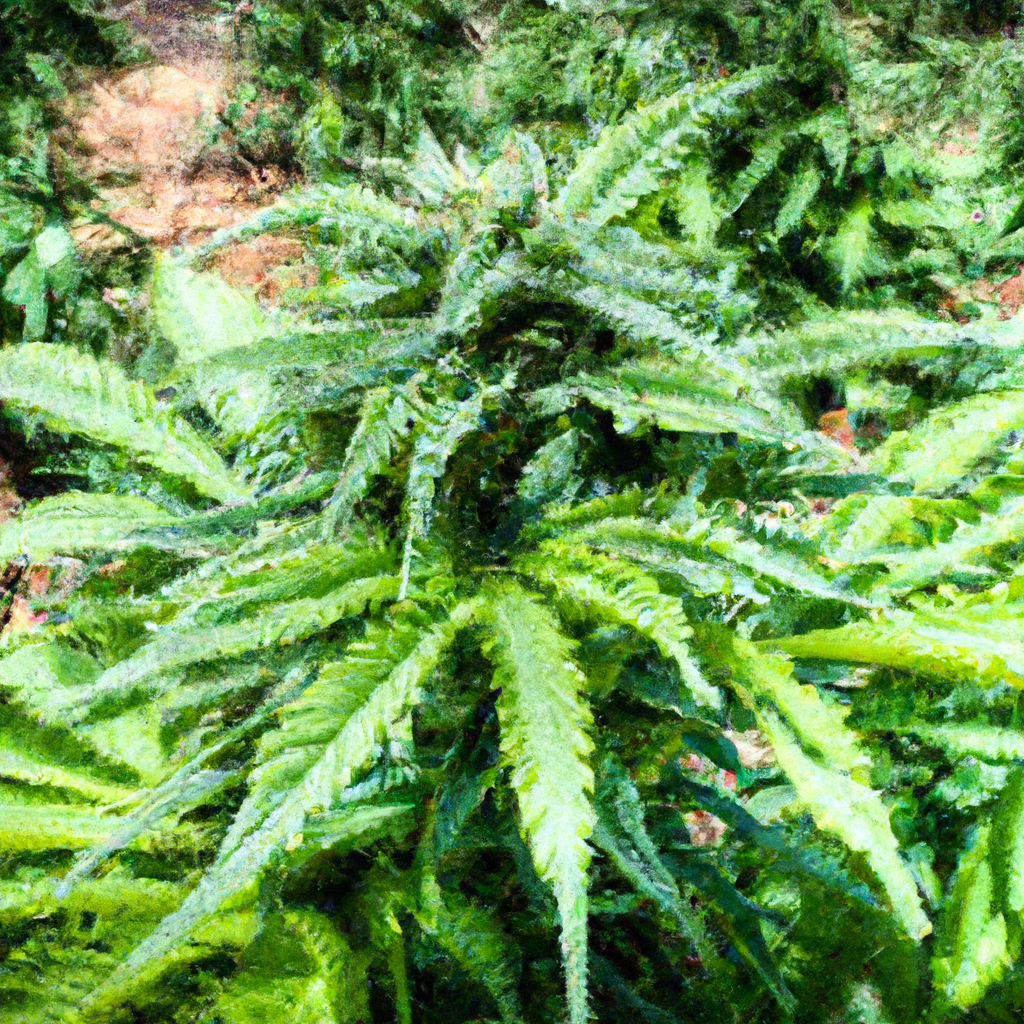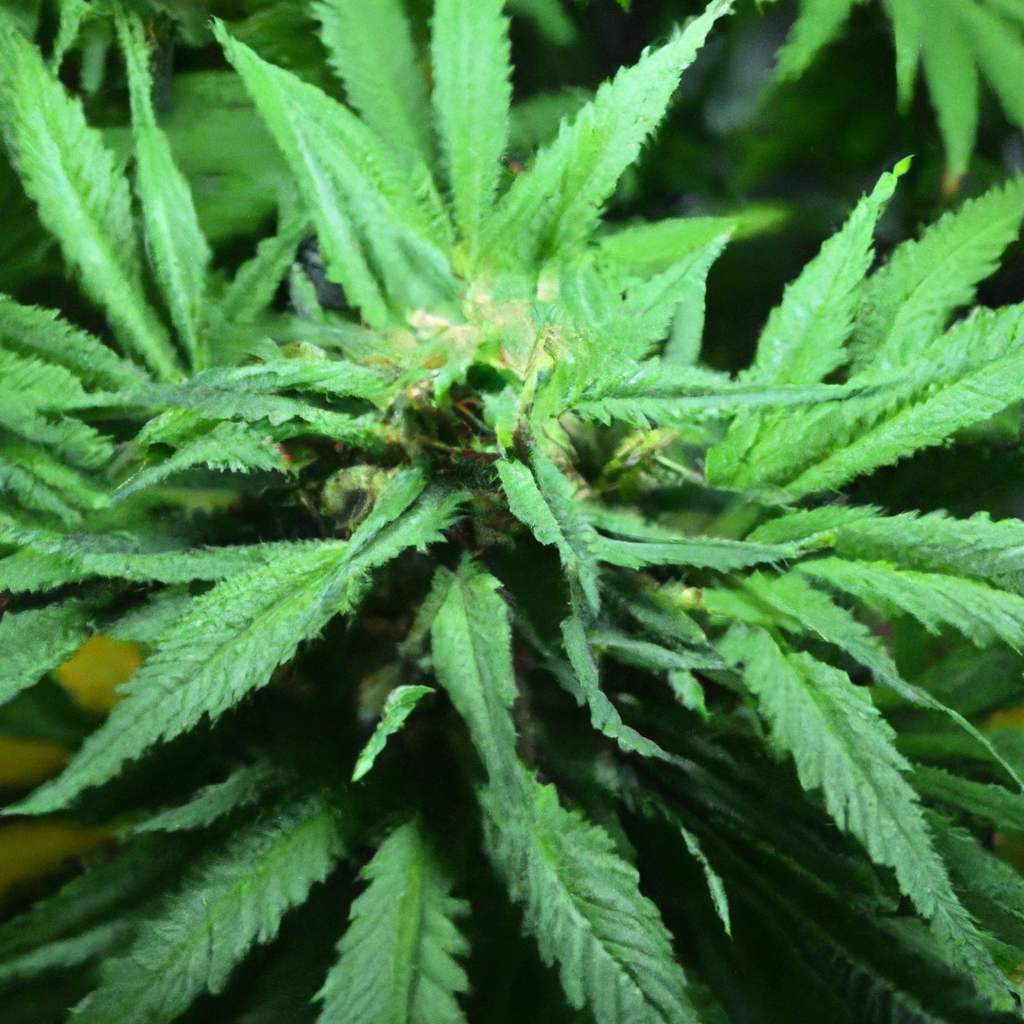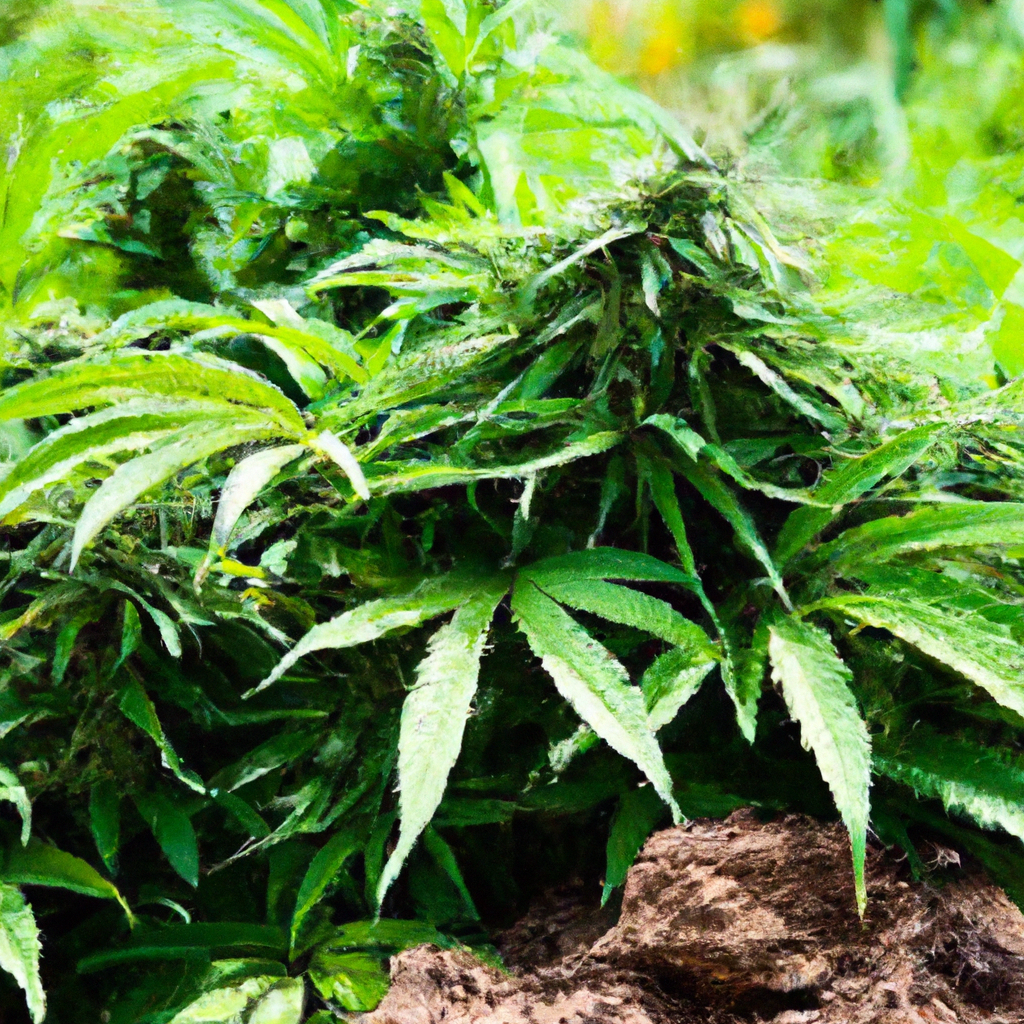Your cart is currently empty!
Tag: BeneficialInsects

In cannabis cultivation, prioritizing organic methods and sustainability is essential for healthier yields and a reduced environmental footprint. Building healthy soil through composting and using beneficial microbes, along with natural pest control methods like companion planting and introducing beneficial insects, are key organic practices. Sustainable operations include efficient water management, renewable energy use, and waste…

Cannabis cultivation thrives through the art of symbiotic relationships, enhancing growth, yield, and resilience. By leveraging mutual benefits between cannabis plants and organisms like fungi, bacteria, and companion plants, cultivators can improve nutrient uptake, pest control, and disease resistance while reducing chemical inputs. Key practices include utilizing mycorrhizal fungi, introducing beneficial insects, and companion planting,…
Organic cannabis cultivation emphasizes sustainability by avoiding synthetic chemicals, resulting in eco-friendly, high-quality cannabis. Key practices include building healthy soil through compost and natural fertilizers, promoting beneficial microbes, and using organic pest control methods like companion planting and beneficial insects. Sustainable practices such as crop rotation, water conservation, and carbon sequestration are also crucial. This…

In the evolving field of cannabis cultivation, shifting to organic practices benefits both the environment and consumers. By prioritizing natural fertilizers, composting, and biological pest control, growers can build healthy soil ecosystems and promote sustainability. Natural fertilizers like compost and fish emulsion enrich the soil and boost plant health. Composting transforms waste into nutrient-rich humus,…

Organic cannabis cultivation offers a sustainable method of growing by enriching plant health and maximizing yield without synthetic inputs. With rising environmental concerns and consumer demand for organic products, more cultivators are adopting these methods. Key strategies include using organic soil amendments like compost and worm castings, advocating for beneficial insects for natural pest control,…
